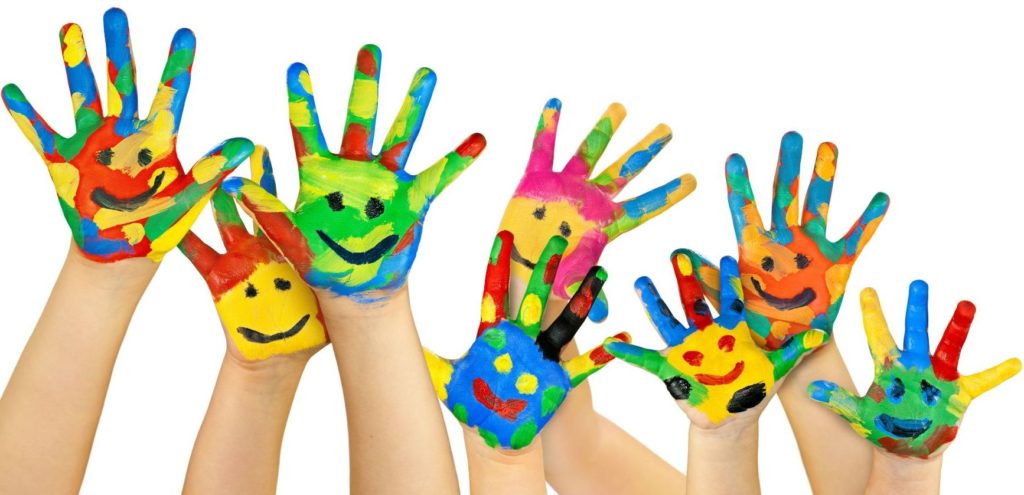 It is important to acknowledge that children grow and develop at different rates however, most accomplish identifiable skills at similar ages. If your child is having difficulties with speech or language the early this is identified and treated – the better. Early intervention is essential as it lays a foundation that will significantly increase your child’s ability to integrate smoothly into education and social environments.
The following checklists are general guidelines for speech (the sounds within our words) and language (the use and understanding of words) development for children aged three years and onwards. If you are concerned about your child’s development or would like more information please contact us for a free phone consultation.
It is important to acknowledge that children grow and develop at different rates however, most accomplish identifiable skills at similar ages. If your child is having difficulties with speech or language the early this is identified and treated – the better. Early intervention is essential as it lays a foundation that will significantly increase your child’s ability to integrate smoothly into education and social environments.
The following checklists are general guidelines for speech (the sounds within our words) and language (the use and understanding of words) development for children aged three years and onwards. If you are concerned about your child’s development or would like more information please contact us for a free phone consultation.
Ages 3 to 4 – Preschool
Language
- Combining words together to make small phrases (e.g. go outside play)
- Understands describing words (e.g. big, short, hard and soft)
- Understands quantity words (e.g. one, some, all)
- Understands who, what and where questions
- Knows positions (e.g. in, ontop, next to, below)
- Uses filler words (e.g. is, and)
- Uses some irregular verbs (e.g. drew, slept)
- Uses pronouns (e.g. he, she, them)
- Can say name and age
- Identifies simple shapes
- Starts to tell jokes
- Has a vocabulary of 1500 words by 4 years of age
Speech
- By the age of 3 years children master: t, g, k, w, b, d, h, m, n, p and y
- By the age of 3 years 6 months children master: f, and ng (as in ri-ng)
- By the age of 4 years children master: ch, sh, l and s
- By the age of 4 years and 6 months z, j, and consonant clusters (as in sl, sp, sm, bl, fl)
- People other than family members can understand 75% of what a three year old is saying and 100% of a four year old.
Ages 5 – 6 Kindergarten
Language
- Follows the meaning of conversations
- Uses 5 or more word sentences
- Uses more complex pronouns (e.g. theirs, mine, himself)
- Uses comparatives (e.g. bigger, slower)
- Uses superlatives (e.g. biggest, slowest)
- Uses ‘is’ and ‘are’ correctly
- Understands negative sentences (e.g. point to the girl with no shoes)
- Uses irregular plurals (e.g. people, children)
- Understands ‘same’ vs ‘different’
- Asks questions for information
- Expresses their emotions
- Tells short stories and maintains conversation
- Understands sequencing of events (e.g. first, second, last)
- Has a vocabulary of 2000 words
Speech
- Able to say multi-syllabic words (e.g. elephant, computer)
- By the age of 5 years children master: r, v and ‘th’ (as in thumb)
Literacy
- Learns to recognise and name letters and sounds
- Learns to recognise sight words
- Learns to spell and read consonant-vowel-consonant words (e.g. cat, man)
- Starts to create simple sentences
- Reads and understands simple story with assistance
Ages 6 & Above – Primary School
The demands on children once commencing more formal education can be difficult for some. Enunciate Speech Pathology works together with principals and school teachers to ensure your child is getting the best possible care. If your child is not achieving well in school we can help. Please note that the guideline below will differ, depending on student year levels.Language
- Follows multiple step directions
- Listens and understands stories
- Uses a variety of open ended questions (e.g. who, what, where, when, why)
- Speaks with no grammatical errors
- Tells news independently
Speech
- Speaks with no speech errors
Literacy
- Writing starts to have punctuation and capitalization
- Begins to write paragraphs / stories
- Understands spelling rules
- Reads and understands stories
